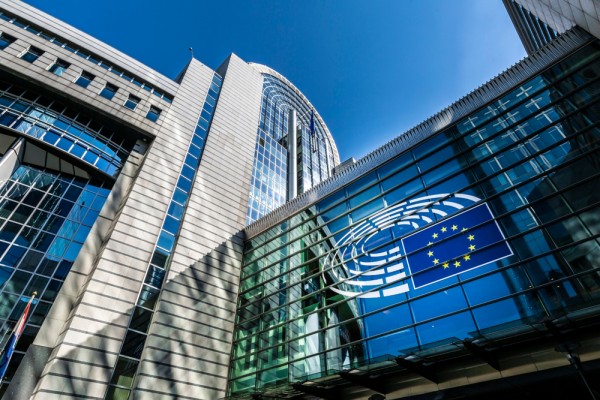The European Parliament, the European Commission and the Council of the European Union reached a provisional political agreement on the Digital Markets Act (DMA) late on Thursday evening following more than two months of trilogue negotiations. The provisionally agreed text targets large companies such as social networks or search engines offering "core platform services" and are often linked with market controlling business practices. Companies within the scope will have a market capitalisation of at least €75 billion or an annual turnover of €7.5 billion. To be designated as "gatekeepers", these companies must also provide specific services such as internet browsers, messenger applications or social networks, with a threshold of 45 million monthly end-users in the EU and 10 000 annual business users.
Parliament's Internal Market and Consumer Protection Committee, Andreas Schwab, said, "The agreement ushers in a new era of tech regulation worldwide. The Digital Markets Act puts an end to the ever-increasing dominance of Big Tech companies. From now on, they must show that they also allow for fair competition on the internet. The new rules will help enforce that basic principle. Europe is thus ensuring more competition, more innovation and more choice for users.
A press release from the Council of the European Union confirmed what Gatekeepers can and cannot do.
Gatekeepers will have to:
- ensure that users have the right to unsubscribe from core platform services under similar conditions to subscription
- for the most important software (e.g. web browsers), not require this software by default upon installation of the operating system
- ensure the interoperability of their instant messaging services’ basic functionalities
- allow app developers fair access to the supplementary functionalities of smartphones (e.g. NFC chip)
- give sellers access to their marketing or advertising performance data on the platform
- inform the European Commission of their acquisitions and mergers
But they can no longer:
- rank their own products or services higher than those of others (self-preferencing)
- reuse private data collected during a service for the purposes of another service
- establish unfair conditions for business users
- pre-install certain software applications
- require app developers to use certain services (e.g. payment systems or identity providers) in order to be listed in app stores

What is this page?
You are reading a summary article on the Privacy Newsfeed, a free resource for DPOs and other professionals with privacy or data protection responsibilities helping them stay informed of industry news all in one place. The information here is a brief snippet relating to a single piece of original content or several articles about a common topic or thread. The main contributor is listed in the top left-hand corner, just beneath the article title.
The Privacy Newsfeed monitors over 300 global publications, of which more than 5,750 summary articles have been posted to the online archive dating back to the beginning of 2020. A weekly roundup is available by email every Friday.
